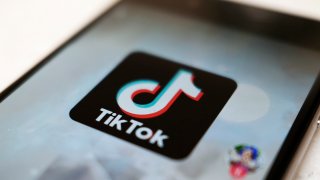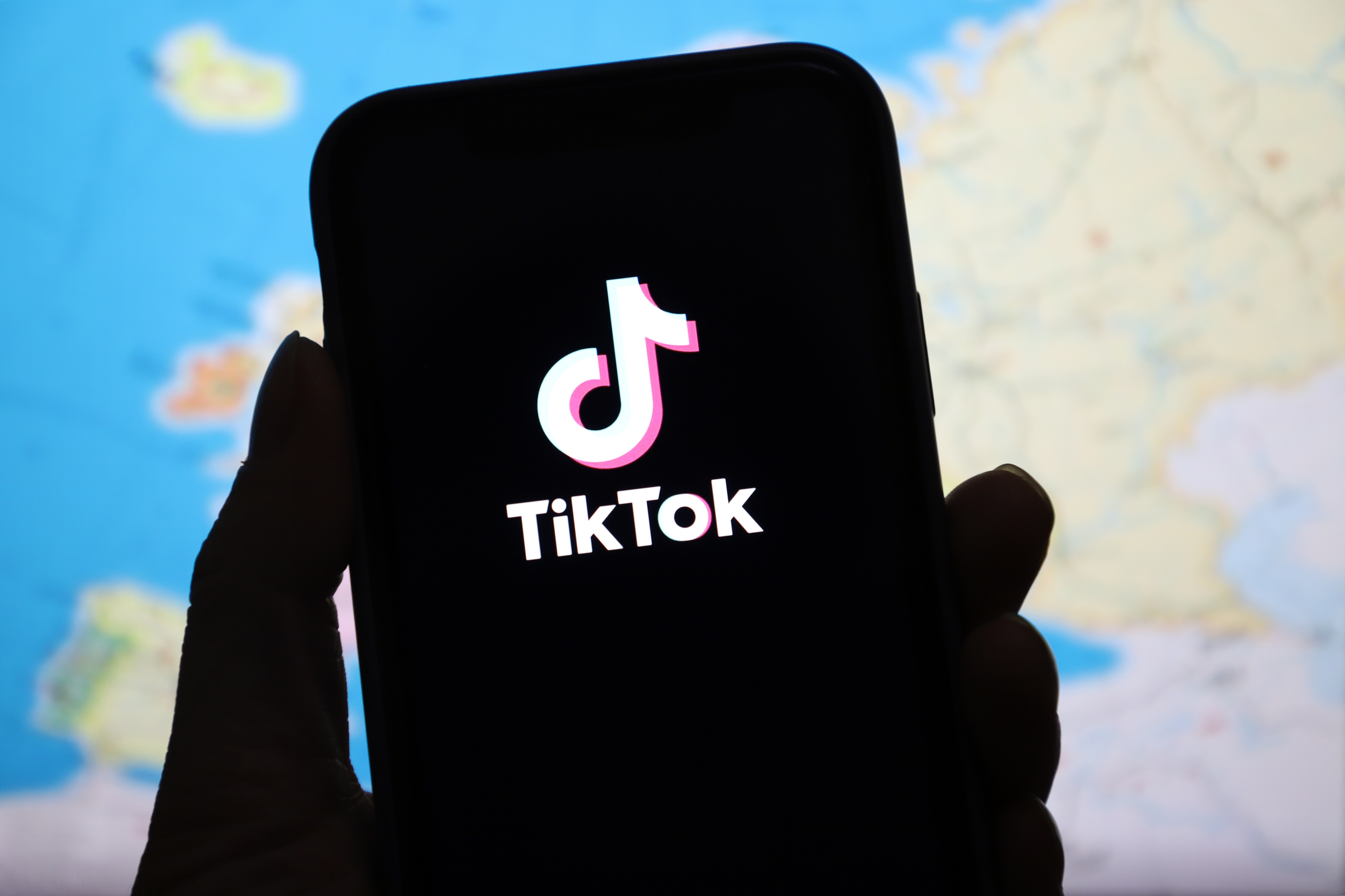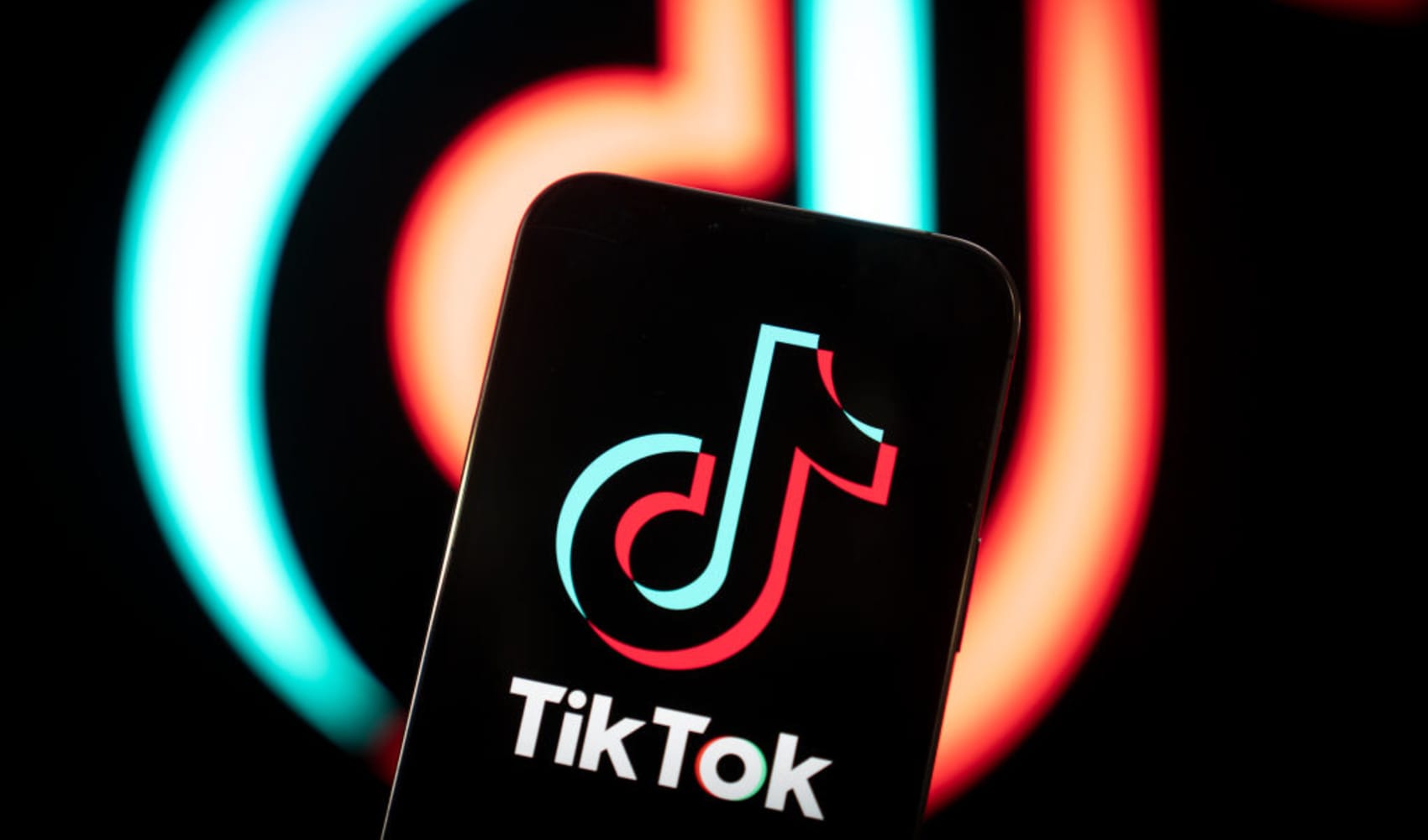
TikTok once again finds itself in a precarious position.
This time, it comes in the form of legislation that would ban the popular social media platform if it doesn’t break ties with ByteDance, its Beijing-based parent company.
Watch NBC6 free wherever you are
>On Thursday, a House panel unanimously approved a bipartisan bill that would require the Chinese firm to divest TikTok and other applications it owns within six months of the bill’s enactment in order to avoid a nationwide ban. The legislation also creates a process that lets the executive branch prohibit access to other apps that pose a threat to national security.
House Majority Leader Steve Scalise announced Thursday that he would bring the bill to the House floor for a vote next week. It’s unclear what will happen in the Senate, where several bills aimed at banning TikTok have stalled.
Get local news you need to know to start your day with NBC 6's News Headlines newsletter.
>In a remark to reporters at Joint Base Andrews on Friday, President Joe Biden said, “If they pass it, I’ll sign it.”
Here’s what you need to know:
Why are lawmakers concerned about TikTok?
Lawmakers from both parties have long expressed concerns that Chinese authorities could force ByteDance to hand over data on the 170 million Americans who use TikTok. The worry stems from a set of Chinese national security laws that compel organizations to assist with intelligence gathering — which ByteDance would likely be subject to — and other far-reaching ways the country’s authoritarian government exercises control.
TikTok has long denied assertions that it could be used as a tool of the Chinese government. The company has said it has never shared U.S. user data with Chinese authorities and won’t do so if it's asked. To date, the U.S. government also has not provided any evidence that shows TikTok shared such information with Chinese authorities.
Apart from security concerns, some lawmakers, researchers and critics of TikTok also posit the app suppresses content unfavorable to Beijing, which TikTok denies.
More:
What happened to the previous attempts made to ban TikTok?
In 2020, former President Donald Trump attempted to ban the social media platform through an executive order, which was blocked by the courts after TikTok sued.
The Biden administration revoked that executive order but continued a review of the platform by the secretive Committee on Foreign Investment in the U.S., an intra-agency committee that reportedly threatened to ban TikTok last year if its Chinese owners don’t divest their stakes. The White House acknowledged last month that review remains ongoing.
Other efforts from federal lawmakers to enact nationwide bans were stalled last year amid lobbying from TikTok as well as influencers and small businesses who use the platform. The American Civil Liberties Union and some digital rights groups have opposed a TikTok ban on free speech grounds and argued the latest House bill would violate the rights of Americans who rely on the app for information, advocacy and entertainment.
How are TikTok users reacting to the latest bill?
TikTok sent a notification to some users this week urging them to call their representatives about the measure, which it characterized as a “TikTok shutdown.”
The company told users Congress was planning “total ban” on the platform that could “damage millions of businesses, destroy the livelihoods of countless creators across the country and deny artists an audience.”
On Thursday, many users responded by inundating congressional offices with calls, leading some to shut off their phones.
In a joint statement released Thursday evening, Mike Gallagher, the Republican chair of the House Select Committee on the Chinese Communist Party, and Raja Krishnamoorthi, a ranking Democrat on the panel, rebuked what they called TikTok's intimidation campaign. The lawmakers, who introduced the bill, said the legislation was not a ban on TikTok but “about making sure" it doesn't answer to the Chinese Communist Party.
Krishnamoorthi also said TikTok’s notification to its users backfired and “proved the point” of the bill.
“The fact that they used geolocation targeting to go after minor children to call congressional offices with misinformation about the bill caused so many members on the E&C Committee to vote in favor," he said, referring to the House Energy and Commerce Committee.
Is a national ban possible?
Yes. If the bill gets signed into law and ByteDance chooses not to divest, TikTok could be banned in the U.S.
Under the legislation, the platform would be prohibited from app stores — such as those offered by Apple and Google — as well as web hosting services until a divesture occurs. But even if that would happen, it's likely that users could still have access to the platform using virtual private networks that bypass such restrictions, said telecom analyst Roger Entner, the founder of Recon Analytics.
So far, most of the countries that have placed restrictions on TikTok prohibit its use on government devices. But a handful of countries have also imposed nationwide bans, including India, which banned TikTok and other Chinese platforms in 2020 over privacy and security concerns.
Meanwhile, China itself has banned international social media platforms like Facebook and X from its borders.
How could a ban impact Americans?
In the likelihood that a nationwide ban would happen, it would be bad news to small businesses who rely on the platform for marketing or sell products on TikTok Shop — the company's e-commerce arm. It would also impact the lives of social media influencers who have spent years cultivating their following on the platform, and rely on it to acquire brand deals or other types of income.
AP Journalist Kevin Freking and Josh Boak contributed to this report from Washington.



